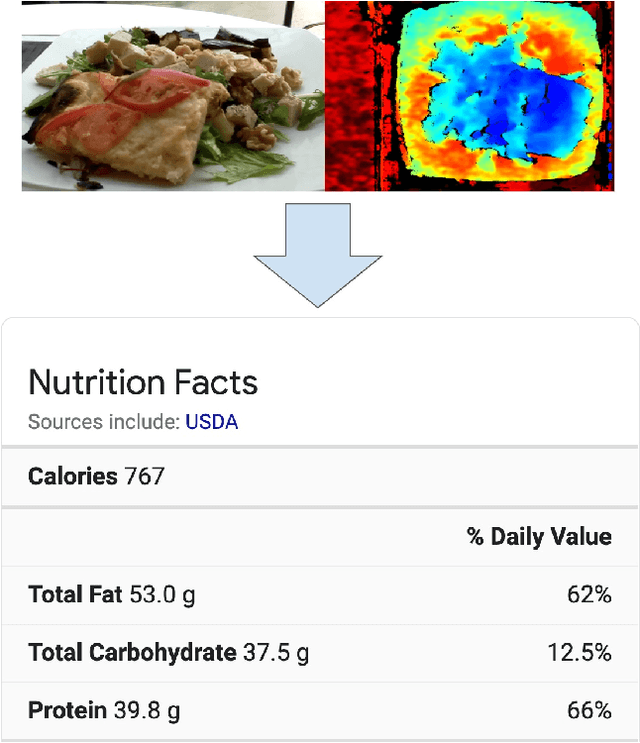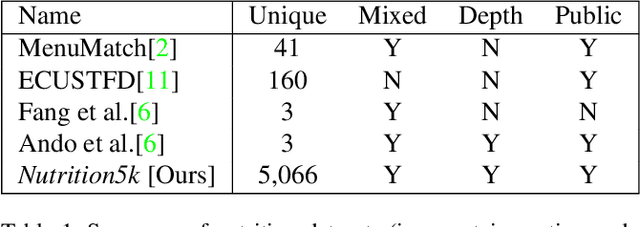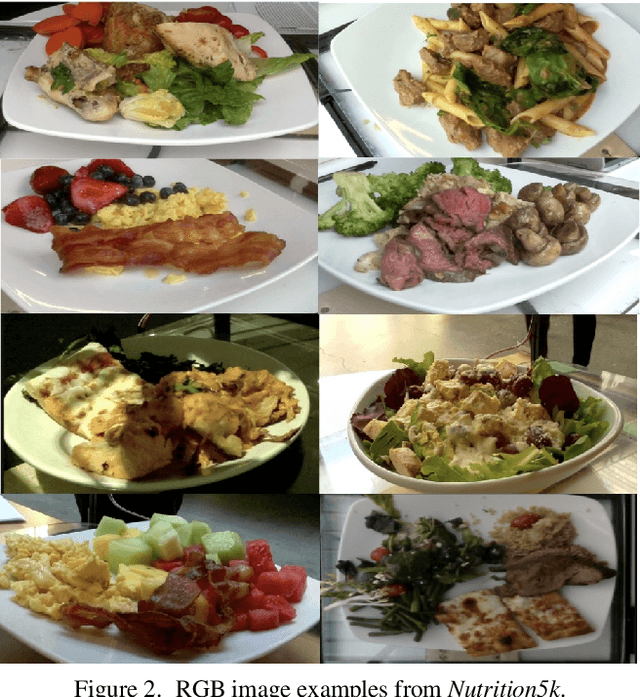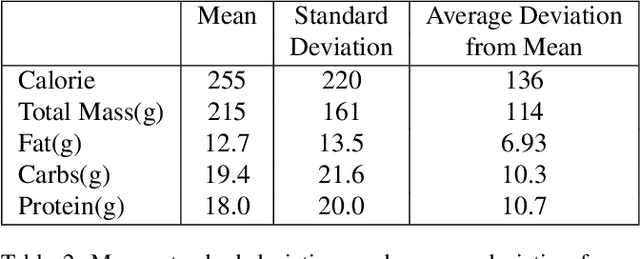Liviu Panait
Learning to Generate Image Embeddings with User-level Differential Privacy
Nov 20, 2022



Abstract:Small on-device models have been successfully trained with user-level differential privacy (DP) for next word prediction and image classification tasks in the past. However, existing methods can fail when directly applied to learn embedding models using supervised training data with a large class space. To achieve user-level DP for large image-to-embedding feature extractors, we propose DP-FedEmb, a variant of federated learning algorithms with per-user sensitivity control and noise addition, to train from user-partitioned data centralized in the datacenter. DP-FedEmb combines virtual clients, partial aggregation, private local fine-tuning, and public pretraining to achieve strong privacy utility trade-offs. We apply DP-FedEmb to train image embedding models for faces, landmarks and natural species, and demonstrate its superior utility under same privacy budget on benchmark datasets DigiFace, EMNIST, GLD and iNaturalist. We further illustrate it is possible to achieve strong user-level DP guarantees of $\epsilon<2$ while controlling the utility drop within 5%, when millions of users can participate in training.
Nutrition5k: Towards Automatic Nutritional Understanding of Generic Food
Mar 04, 2021



Abstract:Understanding the nutritional content of food from visual data is a challenging computer vision problem, with the potential to have a positive and widespread impact on public health. Studies in this area are limited to existing datasets in the field that lack sufficient diversity or labels required for training models with nutritional understanding capability. We introduce Nutrition5k, a novel dataset of 5k diverse, real world food dishes with corresponding video streams, depth images, component weights, and high accuracy nutritional content annotation. We demonstrate the potential of this dataset by training a computer vision algorithm capable of predicting the caloric and macronutrient values of a complex, real world dish at an accuracy that outperforms professional nutritionists. Further we present a baseline for incorporating depth sensor data to improve nutrition predictions. We will publicly release Nutrition5k in the hope that it will accelerate innovation in the space of nutritional understanding.
 Add to Chrome
Add to Chrome Add to Firefox
Add to Firefox Add to Edge
Add to Edge